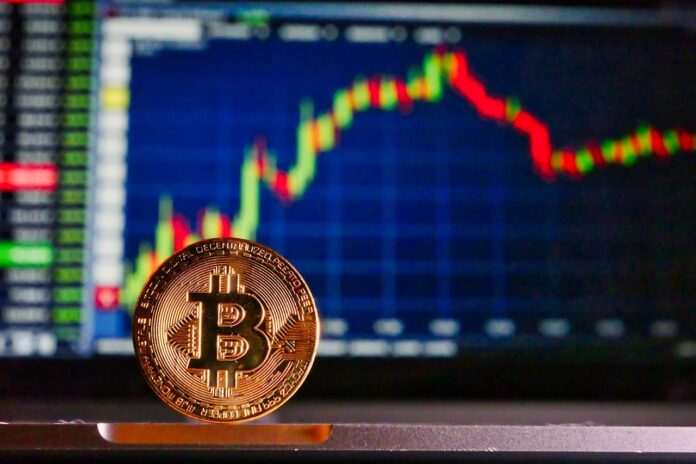What is Bitcoin
Bitcoin is a type of digital currency. Bitcoin and other digital currencies are sometimes called “virtual currencies” because they are not physical money. Bitcoin Up is created and held electronically. No one controls it. Bitcoins aren’t printed, like dollars or euros – they’re produced by people, and increasingly businesses, running computers all around the world, using software that solves mathematical problems. More about Bitcoin.
Bitcoin Wallet
A Bitcoin wallet is a software program where Bitcoins are stored. To be technically accurate, Bitcoins are not stored anywhere; there is a private key (secret number) for every Bitcoin address that is saved in the Bitcoin wallet of the person who owns the balance. Bitcoin wallets facilitate sending and receiving Bitcoins and give ownership of the Bitcoin balance to the user. The Bitcoin wallet comes in many forms, designed for different types of devices. You can even use paper storage to avoid having them on a computer at all! More about Wallets.
Working with your bitcoin wallet
Some people will tell you that once you’ve got some bitcoins then it’s best to keep them safe in an offline “cold storage” wallet. This is a wallet that you sign up for a service to store your bitcoins in, and they give you the option of storing the key needed to access them on paper or on a USB stick.
If it sounds too good to be true then maybe it is. Many such providers have proved to be completely insecure, and when customers lose their money (and the run around when trying to get it back) these companies tend to blame hackers rather than admit any fault of their own.
The fact remains: YOU are in control of whether or not someone can access your Bitcoin so YOU should take responsibility for securing them properly!
Choosing Your Wallet
There’s no such thing as an absolutely secure system but there’s plenty you can do to greatly secure your wallet. Remember that if you’re not in control of your private key, then you’re not in control of your bitcoins!
So what things do you need to know before choosing a wallet?
A good bitcoin wallet has to be accessible by any device using the internet. Think about when and where you’ll want to access it – can you connect on a desktop or laptop? What about smartphones and tablets? How frequently will you check it? And most importantly: how easy is it to use? Is there a simple way for friends and family to send money when they owe you some too without having to rescan the blockchain for extra fees or sign up for yet another service or application?
There are three types of Bitcoin wallets: hardware, software, and online. Hardware wallets have high levels of security because they do not spread your private information across the internet. However, if you lose your hardware wallet, or it gets damaged in some way, you will lose all your coins. Software wallets allow users to manage their coins from any computer using a software application that can be installed either locally or online. They also provide convenient backup options. Online wallets are also easy to use; however, they can put your bitcoins at risk if they get hacked. Sending and Receiving Bitcoins
- Once you have set up your wallet (either on your computer or smartphone) you will need to obtain a public wallet address – either by scanning your QR code or by using your chosen username as the bitcoin address.
- Bitcoins are sent and received via transactions that require you to prove that you own the bitcoins that you are sending. The first step is to choose an input (where the bitcoins came from) and an amount, then click “send.” You should also include a transaction fee so that your transaction gets confirmed quickly.
- Most wallets have detailed instructions on how to do this; however, if yours doesn’t, go here for help. Once complete, it should look something like this:
- Wait for the blockchain to confirm your transaction and check your wallet again. Success! You now have bitcoins in that address.
- Once you’ve sent a payment from an exchange or hosted wallet, you should wait for it to get one confirmation before considering the bitcoins you’ve sent as successfully transferred. Some wallets will show you received coins instantly when it detects a transaction in the pending state – even though this doesn’t mean they’ve been confirmed
- while others may only update once three or six blocks have been added to the blockchain since your payment was mined. Transactions spendable with zero confirmations are far less secure than those with at least one confirmation, however, so if a payment is a high risk like sending coins to someone you don’t know, it might be worth waiting for one confirmation.
If you delete your wallet without a backup, the bitcoins stored in that wallet are lost forever!







